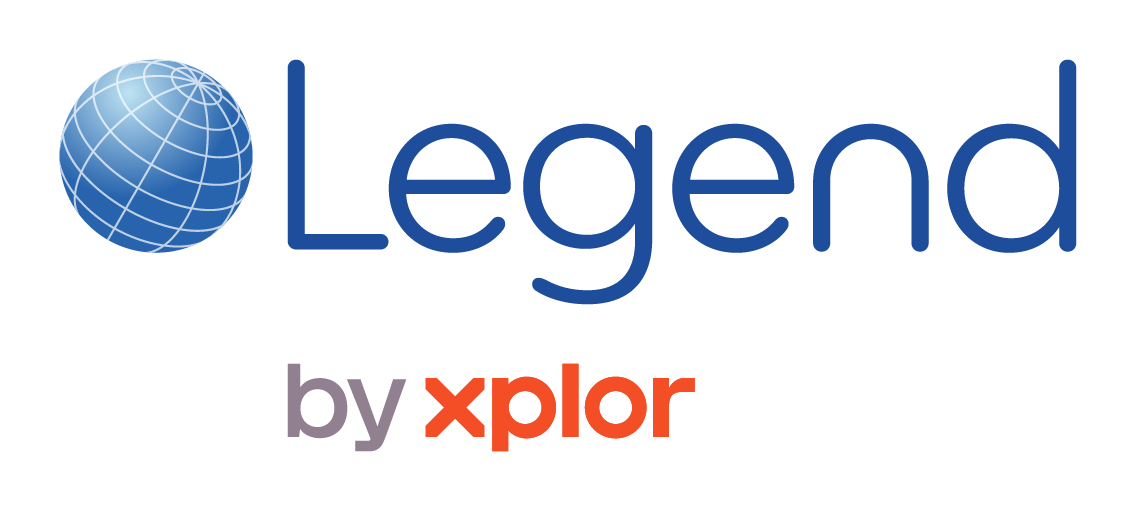The government's response to the school Curriculum and Assessment Review marks the beginning of a profound cultural shift in how we education young people - one that higher education cannot afford to ignore. By introducing an enrichment entitlement that places movement, sport and personal development alongside academic learning, the new curriculum reframes what 'well-educated' really means.
For universities this should not be considered a distant reform in the primary and secondary sectors, but a signal of what's coming: from the mid-2030s students will arrive with fundamentally different expectations of balance, wellbeing and participation. The higher education sector as a whole must be ready to meet them and British Universities and Colleges Sport (BUCS) is working with its members to help shape that future.
The Department for Education's newly announced curriculum reforms (5 November 2025) for England may feel distant from the world of higher education, but their implications could be profound. The government's response to the Curriculum and Assessment Review, led by Professor Becky Francis CBE sets out a new 'core enrichment entitlement' for every pupil in England - reforms that will shape how future students think about learning, wellbeing and opportunity.
These changes will be fully implemented in 2028, the first students to experience this system from start to finish will enter university in the mid-2030s. That gives the higher education sector time to prepare - but it will require a reset, of culture and of the structures that support the student experience. As the higher education membership body for sport and active participation BUCS is one of a number of national partners that need to play a role. We relish the opportunity provided by the enrichment entitlement, and in our world of active participation and sport, the accompanying reforms of physical education. Together, the enrichment entitlement and modernised physical education present a decisive shift in what education values and a generational opportunity.
An education experience where enrichment is the norm
The reformed curriculum will ensure every school protects two hours per week for PE and provides a guaranteed enrichment offer spanning sport, civic engagement, arts, culture, nature and life skills. Enrichment will no longer be treated as a bolt-on to the academic curriculum but as a viable benchmark of educational quality, informing inspection outcomes and parental choice. There are stark comparisons to be drawn with the higher education experience and where responsibility lies for enrichment in our institutions, how we protect this, and also how we share our experiences with the primary and secondary sector.
As Youth Sport Trust CEO Alison Oliver MBE put it, the changes "finally recognise movement and physical activity as essential to learning and wellbeing - not optional extras." This sentiment was echoed by the CEO of the Association for Physical Education Kate Thornton-Bousfield who called the reforms, "the beginning of a transformative journey," reaffirming that core PE must remain, "compulsory, irreplaceable, and focused on participation and enjoyment."
Why would this be different for students in higher education? BUCS Student Survey (2025) data reveals the extent to which participation in sport as an enrichment activity adds value to students and to their institution, and give foresight to the promise of the combined effect of the curriculum reforms - a rebalancing of focus that recognises sport and active participation, creativity and connection as integral to success... not a distraction from it.
With 94.4% of responders agreed that being involved in sport gave them a sense of belonging to their institution and its community, 90.3% of responders agreed that taking part in a BUCS sport has helped support their mental wellbeing, and around half of students agreed that being part of a sport team or club has kept them from dropping out of university the evidence of the impact and benefit of sport to students and institutions is stark. This begs a serious question as to why the space for enrichment on Wednesday afternoons is under such threat in so many institutions, and resourcing of sport and active participation facing widespread cuts despite student demand having recovered to pre-covid levels.
Too late for the Covid generation ... ?
For many this shift in emphasis in the education system to have a more holistic focus on the needs of the person will be warmly welcomed - but it also serves as a sobering reminder of a generation of young people for whom such change has come too late. The student currently in higher education are the 'covid generation' whose formative years were disrupted by lockdowns, remote schooling and the loss of access to critical socialising activities such as sport and play.
The evidence of the damage is well established, from widening attainment gaps to the surge in mental health difficulties among young people. Yet perhaps the most profound loss was less tangible: the erosion of connection, confidence and belonging that comes through the shared experiences provided by sport, physical activities and other enrichment (enriching!) activities such as the performing arts, singing, dance, even fundraising and activism.
The government of the time chose not to back the ambitious recovery plans proposed by Sir Kevan Collins, a decision widely criticised as a failure to invest in the lives of young people. As Children's Commissioner Dame Rachel de Souza reflected in her op-ed earlier this autumn,
'The legacy of covid on children and the task ahead', "we have left a generation behind," citing children's "overwhelming desire to be able to play" and rebuild what had been lost to them.
This new enrichment entitlement can therefore be read not just as a reform, but as an act of recognition that investment in the whole person - their wellbeing, creativity, and sense of purpose - is essential, not peripheral, to education. It represents a conscious attempt to ensure that the mistakes of the pandemic era are not repeated.
A challenge, and opportunity for higher education
The reforms mean that within a decade, the dynamic of the current commoditisation of the university experience could change dramatically. Students entering higher education will have grown up in environments and developed a culture that expects enrichment, play and active participation as a right. They will look to higher education not simply for academic learning, but for environments that continue to value wellbeing, social connection and active participation, expecting this as an essential factor.
For universities, this presents both a challenge and an opportunity. Can institutions protect time and space for sport, creativity, and civic participation amid competing pressures of finance, teaching intensity, and student cost-of-living crises? The once-sacrosanct Wednesday afternoon, traditionally reserved for enrichment and sport, has become a symbol of that tension - too often becoming a sacrifice at the altar academic scheduling. If the Enrichment Generation arrives expecting a continuation of entitlement and balance, institutions will need to rethink their priorities.
For universities and students' unions, this raises serious questions. How can timetables, facilities and resources adapt to meet these expectations? Can institutions protect time and space for enrichment when teaching creep, financial constraint and student cost-of-living pressures are challenging and eroding it?
An entire generation will arrive into higher education with a built-in expectation of enrichment. How do we prepare for this?
BUCS: preparing for a reset
At BUCS we recognise that this generational shift will demand fresh thinking. As part of our strategy we have committed to working with our members to support 1 million students a year be active by 2030. This enrichment entitlement may see this need to rise to 2 million by 2035...
To do this we must be agile and open minded. We must listen to students. We must understand the environment and culture shaping the expectation of future students.
That means embracing new models of engagement, flexible formats of competition, and closer alignment with wellbeing and academic priorities. It means seeing student sport and enrichment not as extracurricular, but as co-curricular, becoming a defining feature of the modern university experience.
We are already working to accelerate the pace at which the content of our sporting programme can adapt, ensuring it reflect the changing patterns of participation and the growing diversity of students and their needs and motivations. It means not only thinking about our 'what' and expanding opportunity through new content and sports on offer, but also 'how' they can be accessed - ensuring our systems, structures and programmes are flexible enough to evolve with student expectations.
The coming culture shift
The new curriculum may be a school policy on paper, but it signals a deeper shift in educational values, and one that universities will need to embrace whether or not such a shift is mirrored within higher education policy.
As Alison Oliver observed, "today's announcements send a powerful message - young people's health, happiness and success are a national priority." Indeed, a generation of healthier and happier young people entering university in the mid-2030s will be a great enabler of productive and successful higher education experiences.
For those of us in higher education, the question is how to make that priority visible and credible on campus, and extend this health and happiness through an enriched experience.
Those of us that do, will not only meet the expectations of the students of the mid-2030s, they will help define the future higher education experience itself.
The enrichment generation will expect, and deserve, a higher education experience that reflects the values their schooling has embedded: inclusivity, balance, and an active approach to life and learning. Health, happiness and recognition of their whole self as a given. Ensuring this will demand leadership, agility and vision from the higher education sector. BUCS is ready to play that role, working with the 157 institutions that are our current member to help shape an environment where every student can thrive through sport and active participation. The reset begins now. The prize is a happier, healthier and more connected generation.














